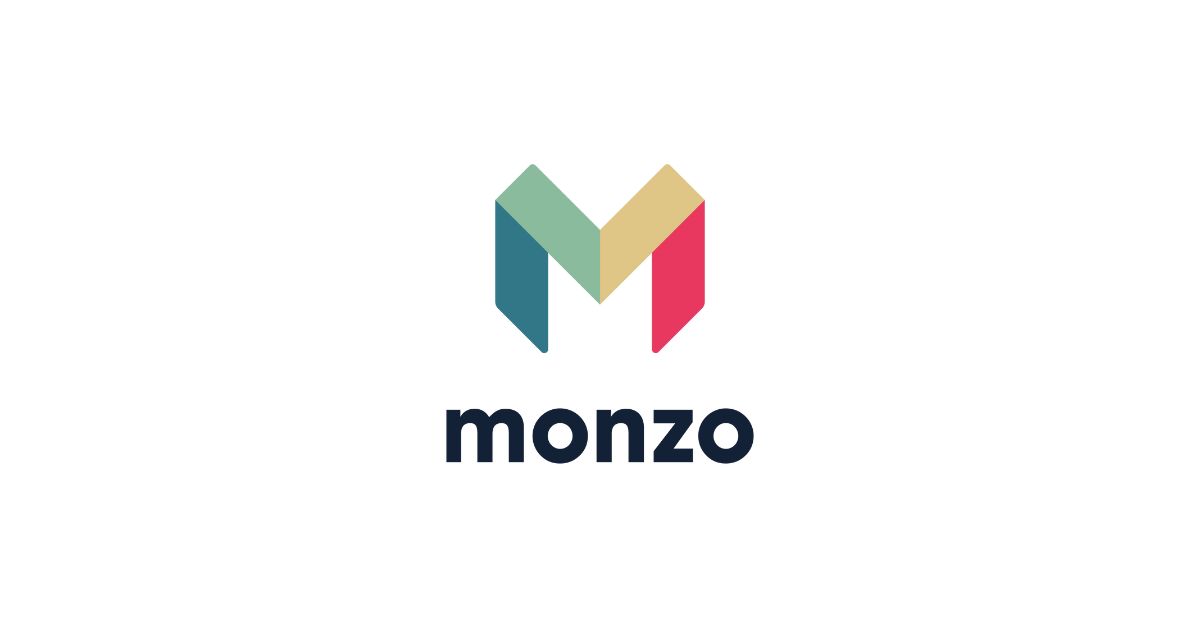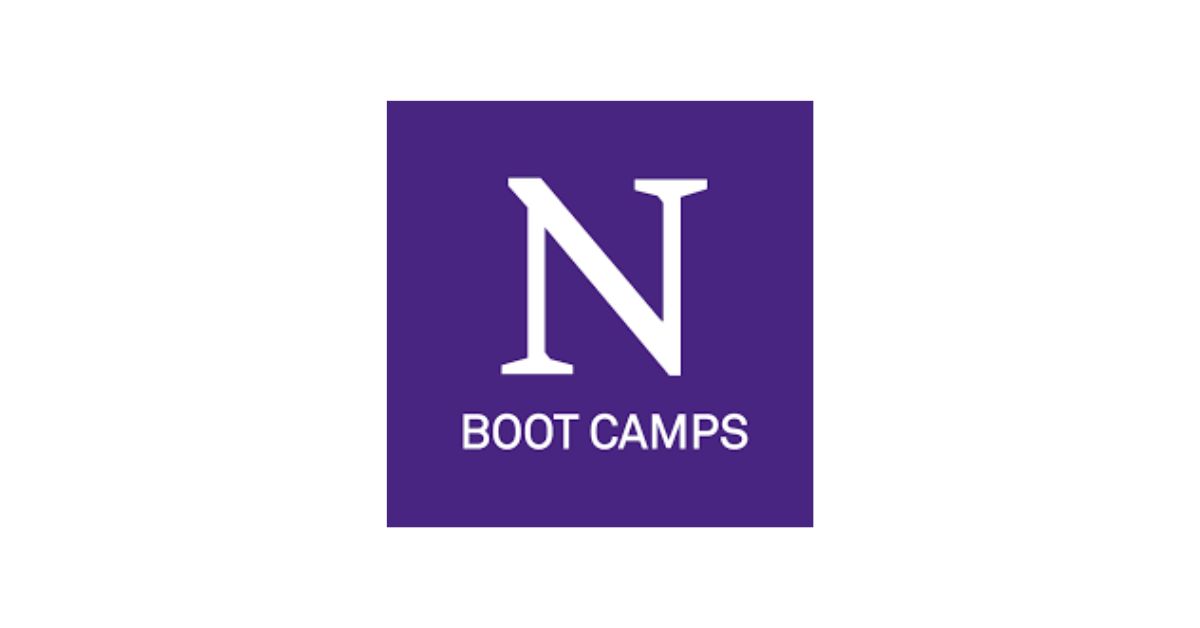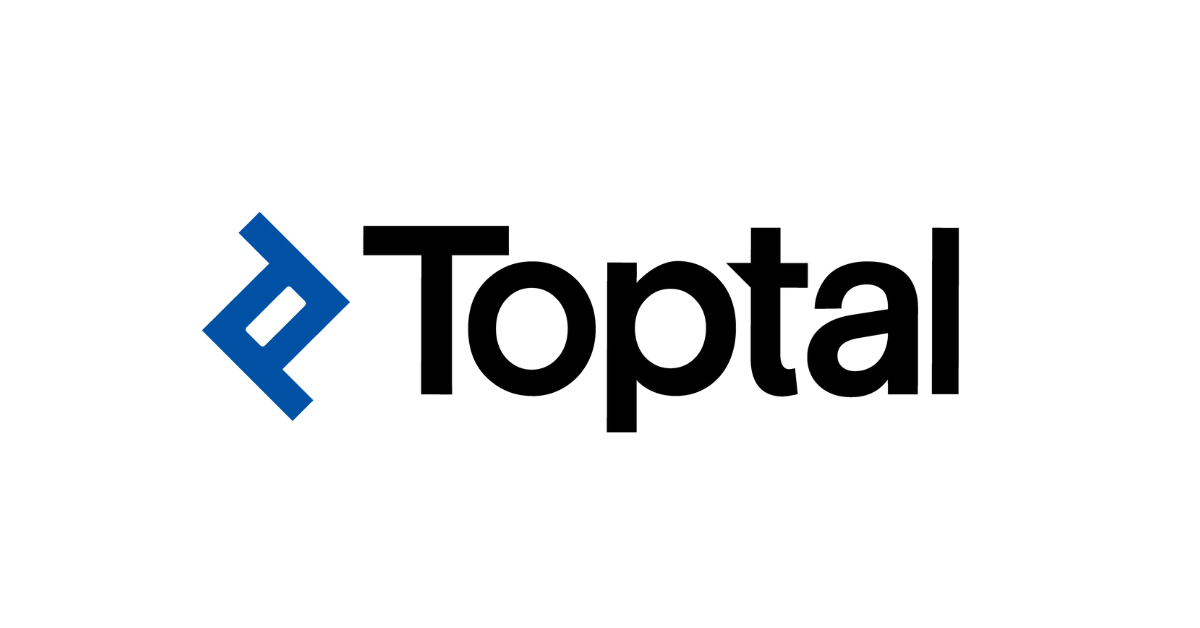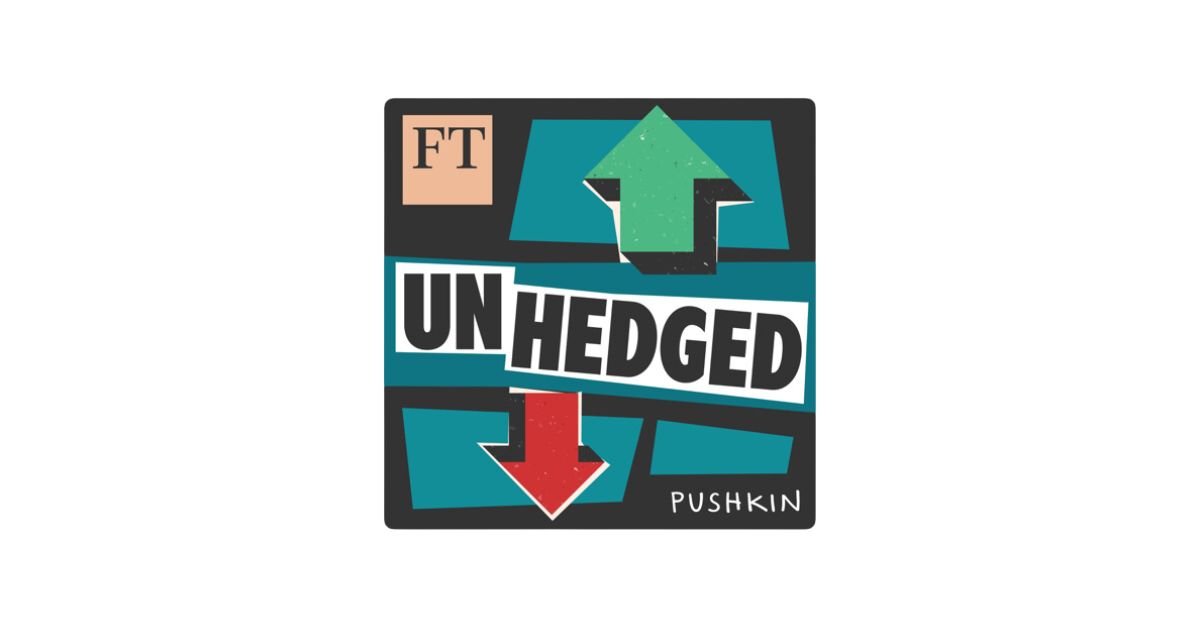Top Open Banking Platform Providers in 2024

An ever-changing financial ecosystem, the world of banking has been significantly reshaped by the emergence of open banking platforms. These platforms signify a transformative shift in how financial services are delivered and consumed, paving the way for a more inclusive and interconnected banking experience. As we look into the future, the role of open banking continues to expand, dictating a new era in the field of financial technology.
The inception of open banking platforms has indeed acted as a catalyst for change, challenging the traditional banking paradigms that have been in place for centuries. The concept of sharing financial data through secure channels has not just improved transparency but also ushered in a wave of innovation that has the potential to democratize financial services.
Moreover, the improvement of open banking platform providers has led to a competitive landscape that benefits consumers. Banks and fintech companies are now in a race to offer the most user-friendly, secure, and innovative platforms on the market. This competition enables rapid advancements in technology that, in turn, translates into more sophisticated financial tools and services available to the users – from small businesses to individual customers.
The transformative impact brought about by open banking platforms is far-reaching. They are not only facilitating seamless transactions but are also laying the groundwork for advanced financial services that are yet to be realized. By partnering with third-party developers, financial institutions are able to make use of creativity and outside expertise, which can lead to the discovery of new services and even the creation of entirely new markets within the financial sector.
What is Open Banking?
Defining the framework where banks and financial institutions can share data securely with third-party service providers through application programming interfaces (APIs), open banking stands as a pivotal concept. Its significance branches out to include not only advanced levels of customization and user-centric services but also an enriched financial data ecosystem that benefits consumers and banks alike.
The most important aspects of open banking are rooted in transparency and collaboration. By leveraging APIs, banks can open their data vaults in a controlled and secure manner, allowing authorized third-party providers to create new financial products and services. Open banking protocols ensure data sharing is performed under strict security measures, creating trust between all parties. The protocols also define the scope of what data can be shared and under what circumstances, maintaining customer privacy while promoting innovation.
Top Open Banking Platform Providers in 2024
The flourishing eco-system of open banking indicates opportunities for consumers to benefit from personalized financial advice, better credit options, and more transparent banking services. It is the basis of modern finance, one that promises to reinvent banking as we know it. Here’s a list of top 20 open banking platform providers in 2024.
Token.io
Renowned for its pioneering approach to open banking platform providers, Token.io offers a suite of API-driven services that are reshaping the fintech landscape. Their commitment to driving innovation in the financial sector has established them as a leader in delivering personalized financial experiences to consumers worldwide.
Q2 Catalyst
As a significant player in the field of open banking platforms, Q2 Catalyst merges security with exceptional user experience. Their platform is designed to empower financial institutions to seamlessly share data and facilitate user-friendly services, ensuring a secure environment for all participants.
BankiFi
Specializing in real-time payments and financial data aggregation, BankiFi’s platform stands out for its speed and efficiency. Breaking new ground in open banking, their technology empowers consumers with instant insights into their financial health, enabling better decision-making.
Merge
At the forefront of creating customizable banking experiences, Merge’s open banking platform offers unparalleled flexibility in the integration of various financial services. By embracing modularity and API exposure, they are revolutionizing the ways banks interact with fintech applications.
Oracle
Esteemed for their advanced analytics and machine learning capabilities, Oracle ‘s open banking platform is turning heads with their predictive financial models, which offer enriched customer insights and aid in risk management for financial institutions.
Basiq
Basiq has distinguished itself with a robust infrastructure that supports the growing demand for digital banking. Exemplifying excellence in open banking platform providers, they deliver a highly scalable solution that caters to the dynamic needs of both banks and customers.
Mint
With an impressive track record in facilitating smooth third-party integrations, Mint’s solutions promote a thriving open banking ecosystem. Their dedication to compliance and regulatory foresight ensures that their clients are always ahead of the curve.
Plaid
Provider Eight’s commitment to delivering an all-encompassing open banking experience includes not just transactional support but also the provision of comprehensive personal finance management tools, setting a new benchmark in customer engagement within the sector.
Tink
Gaining attention for their seamless cross-border capabilities, Tink has carved out a niche in addressing the complexities of international finance. Their open banking platform is a beacon for interoperability, offering unrivaled solutions to global financial challenges.
Salt Edge
As a visionary in the open banking community, Salt Edge champions accessible finance. They have been instrumental in extending the benefits of open banking to under-served populations, fostering inclusivity and democratizing access to financial services.
Worldline
Focused on international open banking solutions, Worldline facilitates secure cross-border payments and data exchange. Their platform helps businesses navigate the complexities of global finance, enabling seamless transactions and financial management across diverse markets.
Powens
Taking open banking to the next level, Powens offers cutting-edge AI-powered tools for financial institutions. Their platform analyzes financial data with advanced algorithms, providing businesses with valuable insights for personalized financial products and fraud prevention.
Wonderful
Recognized for its robust security protocols, Wonderful prioritizes data protection within the open banking ecosystem. Their platform utilizes cutting-edge encryption methods and multi-factor authentication, ensuring the highest level of security for both consumers and financial institutions.
Banked
Committed to financial inclusion, Banked caters to the unbanked and underbanked population. Their open banking platform provides access to essential financial services, including mobile payments, microloans, and simplified money management tools.
FinanceKey
Pioneering open banking solutions for the insurance industry, FinanceKey streamlines the application and claims process. Their platform leverages open banking data to provide personalized insurance quotes and improve risk assessment for faster approvals.
Finpoint
Focused on international open banking, Finpoint boasts extensive global reach. Their platform facilitates secure cross-border data exchange, opening new avenues for international financial services and global business operations.
Keebo
Renowned for its emphasis on data privacy, Keebo prioritizes user control and security. Their platform empowers users with granular control over their financial data, fostering trust and transparency within the open banking ecosystem.
NewDay
Taking open banking beyond finance, NewDay integrates with non-financial applications. Their platform unlocks innovative solutions, enriching user experiences and creating new possibilities for data-driven services across industries.
Swoop
Committed to open banking accessibility, Swoop offers a developer-friendly platform with comprehensive tools and resources. Their solutions empower developers to build next-generation financial applications with ease, accelerating innovation in the fintech space.
untied
Leveraging AI and machine learning, untied harnesses the power of open banking data to deliver personalized financial insights for users. Their platform goes beyond data aggregation, providing actionable recommendations and helping users achieve their financial goals.
nCino
nCino is a pioneer in the open banking platform space, offering an end-to-end cloud banking solution. Founded in 2006, nCino has been at the forefront of advancing high-impact, community-led projects. The nCino platform provides a comprehensive solution for loan processing, including automated workflow, document management, and real-time reporting.
Cyberbank Digital
Cyberbank Digital is a cutting-edge open banking platform developed by Technisys. It is designed to deliver exceptional digital-first customer experiences across all devices and conversational apps. The platform is built with a focus on speed and AI innovation, enabling it to tailor customer journeys with structural flexibility.
Flinks
Flinks is a leading open banking platform that is revolutionizing the financial services industry. It provides a suite of financial data tools that power innovation and facilitate the creation of a connected financial ecosystem.
MoonPay
MoonPay is a pioneering open banking platform that serves as a gateway to the world of cryptocurrencies. It provides a fast, simple, and secure way to buy and sell cryptocurrencies like Bitcoin and Ethereum. MoonPay is designed with user convenience in mind, allowing users to pay however they like, including credit card, bank transfers, or Apple Pay. It’s a platform trusted by over 15 million people around the world.
Trovata
Trovata is a leading open banking platform that is transforming the way businesses manage their cash. It provides a suite of tools that automate cash reporting, forecasting, analysis, and money movement.
FinCell
FinCell is an innovative open banking platform that offers a white-label solution for financial institutions. It is designed to provide a cost-effective and easily customizable mobile banking app.
TrueLayer
TrueLayer is a leading open banking platform in Europe. It provides real-time bank payments, data, and identity APIs across the UK and Europe. TrueLayer’s platform represents more than half of all open banking traffic in the UK, Ireland, and Spain.
The Future of Open Banking
The trajectory for open banking is marked by predictions of expansive growth and profound technological progress. It hints at a reality where financial inclusion stretches to the underbanked, and real-time data processing becomes standard. This progress will undoubtedly craft new corridors for service delivery and financial management.
Moreover, the potential of open banking platforms goes beyond merely refining the current banking practices. The possibility of cross-industry convergences—for instance, blending financial services with telecommunications or retail—could redefine consumer expectations. This speaks to a future where open banking acts not just as a facilitator of financial transactions but also as a creator of new economic ecosystems that blend various sectors seamlessly.
One of the most vital components in the progression of open banking is the enhanced level of data analytics that it enables. As banks and third-party providers gain access to enriched datasets, the ability to understand customer preferences and behavior patterns will greatly amplify. This intelligence can lead to hyper-personalized banking services, tailored to individual user needs, thereby enhancing the customer journey and satisfaction.
Next-Generation Core Banking Platforms
The evolution toward next-generation core banking platforms is a testament to the seamless integration of modern technology with traditional banking systems. These platforms are the bedrock for innovations in the open banking space, supporting a tapestry of fintech services that are efficient, agile, and customer-centric.
As we look closer into the attributes of next-generation core banking platforms, it’s evident that their architecture is designed to be inherently flexible and modular. This allows for rapid adaptation to emerging financial regulations and consumer demand, illustrating a future-proof approach that keeps pace with dynamic market conditions.
Furthermore, the proliferation of open banking platform providers has led to a competitive push towards enhanced interoperability among financial systems. Next-gen platforms enable this by fostering a plug-and-play environment where new functionalities can be easily integrated without disrupting existing services.
The design of next-generation core banking platforms also prioritizes user experience and access to real-time data. By utilizing advanced analytics and artificial intelligence, these platforms offer personalized financial insights, risk assessment, and customer engagement strategies that are both proactive and informed.
Why Open Banking Platforms Should Have Dedicated FinTech Development Team
The complexity and specialized nature of fintech products necessitate dedicated development teams for open banking platform providers. These teams are crucial in ensuring that the platforms stay at the cutting edge of technology, regulatory compliance, and customer needs. A dedicated team brings together diverse skills, such as programming, security expertise, and regulatory knowledge, to build a robust platform that caters to the dynamic nature of the financial industry.
Moreover, the rapid pace of innovation in the fintech space demands that development teams are agile and can respond quickly to market changes. These dedicated teams are often structured to foster innovation, testing new features and services in iterative cycles that provide valuable feedback and continuous improvement. This agile development approach ensures that open banking platforms can reliably support new financial products and evolving customer expectations.
Online Banks vs. Traditional Banks
Online banks represent a digital-first approach, unshackled by brick-and-mortar constraints, leading to accelerated development, cost efficiency, and reduced time-to-market. These virtual banking entities offer an array of services accessible through web and mobile applications, fundamentally transforming the end-user’s banking experience. In contrast, traditional banks, grounded in physical locations, prioritize in-person interactions and may not have the same agility to implement new technologies as quickly as their online competitors.
The operational model of online banks allows for continuous innovation and adaptation to customer needs. Customers of online banks benefit from the ability to execute transactions, apply for loans, or open accounts at any time, without the limitations of traditional banking hours. Moreover, the virtual nature of online banks often leads to lower overhead costs, with savings potentially passed on to the customer in the form of lower fees and better interest rates.
Traditional banks tend to excel in areas where personal relationships and one-on-one guidance are valued. However, online banks have been closing the gap by offering video conferencing and enhanced customer service portals to address such needs.
The infrastructure of traditional banks, which consists of extensive branch networks and legacy systems, may slow down the pace of their technological adoption. Online banks, on the other hand, typically start with modern infrastructure designed to integrate with open banking platforms, thereby natively supporting a range of fintech innovations. This enables them to rapidly introduce new features, reflecting consumer demands for efficiency and customization. Their blend of agility and technology positions online banks as serious contenders in the shifting landscape of financial services.
The Advantages of Online Banking Platforms
The transformation of banking into the digital age has highlighted a multitude of advantages inherent to online banking platforms. Among these, accelerated development stands out by allowing financial institutions to launch new features and services much quicker than traditional banks, whose legacy systems can slow the pace of innovation. The agility enabled by such rapid development is paramount in a sector where customer needs and technological trends evolve at a breakneck speed.
In addition to swiftness, cost efficiency is another compelling advantage. By reducing the overhead associated with physical branches, such as rent and utility expenses, online banking platforms can operate more leanly and pass on these savings to customers in the form of lower fees and better interest rates. Of particular importance is the shorter time-to-market for launching new banking products, as the streamlined digital processes bypass the logistical complexities of a brick-and-mortar setup.
Security is a pillar of online banking platforms with continuous improvements in cyber-security measures. Enhanced security protocols, such as multi-factor authentication and encryption, have been instrumental in gaining user trust by offering a safer banking environment.
Custom personal banking experiences are possible thanks to the customization permitted by these platforms. Users can tailor their banking interface and manage their financial services in a manner that aligns with their personal preferences and financial goals. Lastly, the reduced setup and training requirements for both banks and consumers further distinguish online platforms; they eliminate the need for extensive infrastructure or personnel training that is typically necessary for traditional banking operations.
How to Speed Up an Online Banking Platform Development?
Integrating data analytics as a tool for personalization, adopting a keen sense of environmental and social responsibility, considering global expansion strategies, and fostering ecosystem partnerships are critical steps in accelerating the development of an online banking platform. By harnessing advanced data analytics, open banking platform providers can offer tailored experiences to users, predict their needs, and improve service offerings. This customization not only enhances user satisfaction but also sharpens the competitive edge of the platform.
Furthermore, adopting environmental and social responsibility in the development process aligns open banking platforms with broader global values. Consumers are increasingly aware of the impact of their choices on the world, and platforms that echo this conscientious stance are more likely to resonate with a modern audience, fostering trust and loyalty.
Expanding into new markets is another way to expedite the growth of open banking platform providers. By understanding and adapting to the unique demands of different regions, platforms can quickly scale their operations and access a larger customer base. Moreover, a global perspective encourages innovation and helps platforms stay ahead in the rapidly developing fintech sector.
Last but not least, establishing strong ecosystem partnerships with other fintech companies, financial institutions, and technology service providers can significantly reduce development times. Collaboration leads to sharing of best practices, resources, and can even spur joint development efforts that bring new features and improvements to market more swiftly.









